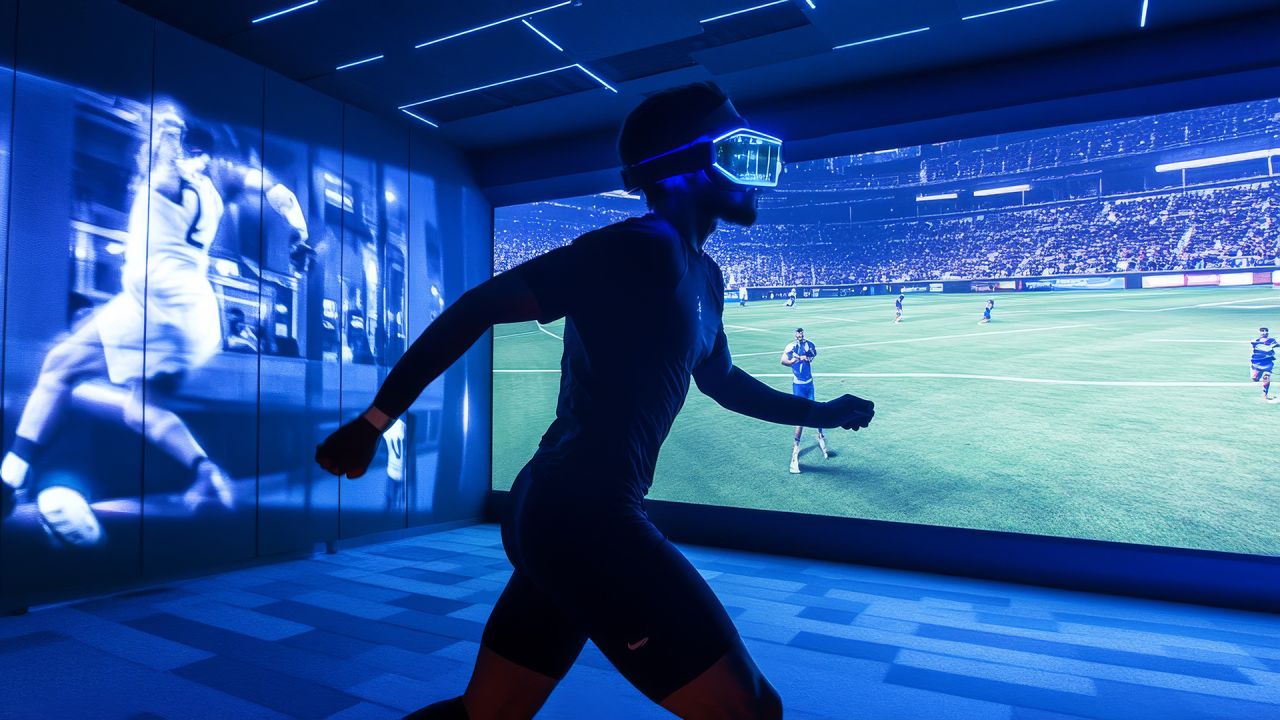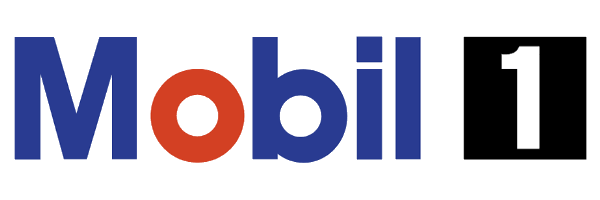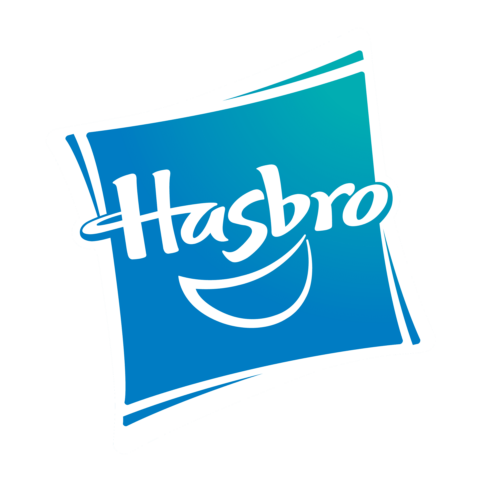VR Competition Simulations: Transforming Athlete Training

 Author: Spark Team
Author: Spark Team
VR Competition Simulations: Transforming Athlete Training
Introduction to VR Competition Simulations
In the highly competitive world of sports, athletes constantly seek ways to refine their skills and prepare for high-stakes performances. Virtual Reality (VR) offers a groundbreaking approach to training through competition simulations, allowing athletes to immerse themselves in realistic scenarios that mimic actual competition environments. Spark Emerging Technologies leverages VR technology to create engaging competition simulations that enhance preparation, performance, and overall athlete experience.
Benefits of VR Competition Simulations
Implementing VR for competition simulations offers numerous advantages that elevate training effectiveness:
Realistic Scenarios: VR creates immersive environments that closely replicate the conditions of actual competitions, allowing athletes to experience the pressure and excitement of real events.
Skill Refinement: Athletes can practice specific skills and strategies in a controlled setting, honing their techniques without the physical toll of traditional training methods.
Enhanced Decision-Making: VR simulations can help athletes improve their decision-making skills by placing them in fast-paced scenarios where they must think and react quickly.
Performance Analysis: Coaches can analyse athletes' performances during simulations, providing immediate feedback and insights for improvement.
Mental Preparedness: By repeatedly experiencing competitive scenarios in VR, athletes can develop mental resilience and confidence, crucial for success in high-pressure situations.
Real-World Applications of VR Competition Simulations
Sports Training: Athletes can engage in VR simulations specific to their sport, whether it be football, basketball, tennis, or track, allowing them to practice plays, techniques, and strategies.
Team Building: Teams can utilise VR simulations for coordinated plays and strategies, enhancing teamwork and communication skills in a virtual environment.
Skill Assessment: Coaches can use VR to assess an athlete’s skills and readiness for competition by simulating various scenarios and measuring performance metrics.
Mental Conditioning: VR can incorporate mental conditioning exercises, helping athletes prepare psychologically for competitions through visualisation techniques and stress management practices.
Fan Engagement: Sports organisations can create VR experiences for fans that simulate competitions, allowing them to understand the intensity and skill involved in the sport.
How Spark Emerging Technologies is Leading VR Solutions for Competition Simulations
At Spark Emerging Technologies, we specialise in developing VR solutions that enhance competition simulations and training effectiveness. Our immersive tools provide sports organisations with the resources they need to create engaging and realistic training experiences. By collaborating with coaches, sports teams, and athletic organisations, we create tailored VR applications that address specific performance challenges.
Addressing Key Challenges with VR Competition Simulations
User-Friendly Interfaces: Our VR applications feature intuitive designs, ensuring that athletes and coaches can easily navigate and engage with the simulation content.
Cross-Platform Compatibility: We ensure our VR solutions can be accessed on various devices, including VR headsets, smartphones, and tablets, maximising accessibility for users.
Data Privacy and Security: Protecting user data is crucial; we implement robust security measures to safeguard information collected during VR interactions.
Customisation for Various Sports: Our VR solutions are adaptable and customisable, allowing for deployment across different sports and competition formats.
Case Study: VR Competition Simulations for a Professional Soccer Team
A professional soccer team partnered with Spark Emerging Technologies to implement VR competition simulations aimed at enhancing player training and performance. The VR platform allowed players to experience realistic competitive scenarios, leading to improved understanding and execution of strategies. This initiative resulted in a 25% increase in training effectiveness and positive feedback regarding the immersive training experience.
The Role of VR in Advancing Athletic Training
VR competition simulations are transforming how athletes prepare for competitions. By providing immersive, interactive experiences, VR enhances skill development and mental readiness, leading to improved performance outcomes. This innovative approach not only streamlines training processes but also fosters a culture of continuous improvement and excellence in athletic performance.
Future of VR Competition Simulations
As VR technology continues to evolve, the potential for competition simulation applications will expand significantly. Spark Emerging Technologies is committed to enhancing our VR solutions, anticipating more sophisticated applications that empower athletes and coaches to engage deeply with their training. The future promises increasingly interactive and engaging VR experiences that will redefine athletic preparation.
Conclusion
VR competition simulations offer innovative solutions for enhancing training effectiveness and athlete performance. Spark Emerging Technologies provides cutting-edge VR applications that allow athletes to visualise and practice competitive scenarios effectively. Discover how our VR solutions can transform your training initiatives—contact Spark Emerging Technologies for a demo today.
Contact Us:
Interested in optimising your competition simulation process with VR? Contact Spark Emerging Technologies to schedule a consultation and learn how our solutions can benefit your organisation.
© 2026 All Rights Reserved | Company Reg No. 05327622 | Spark Emerging Technologies Limited







